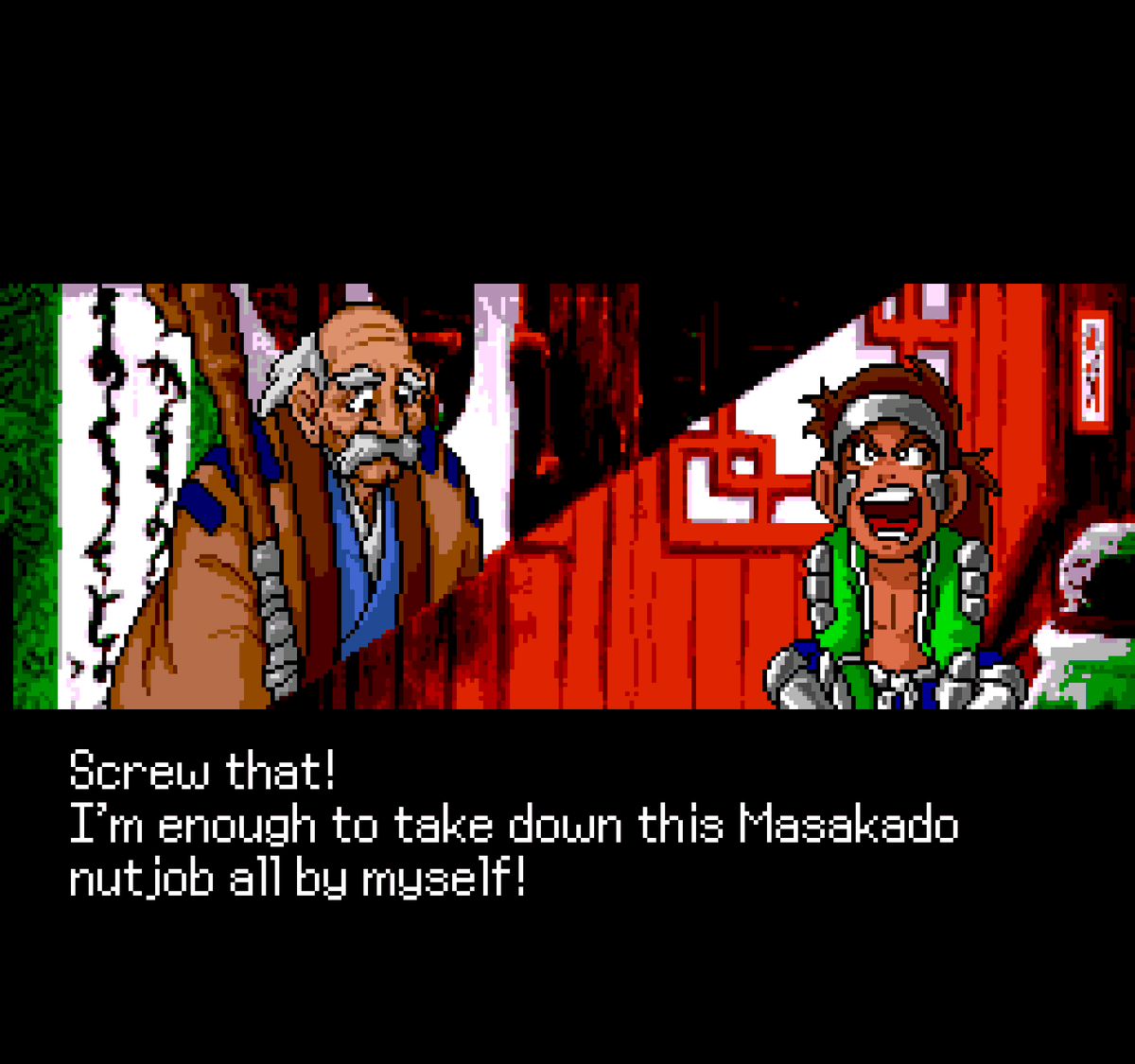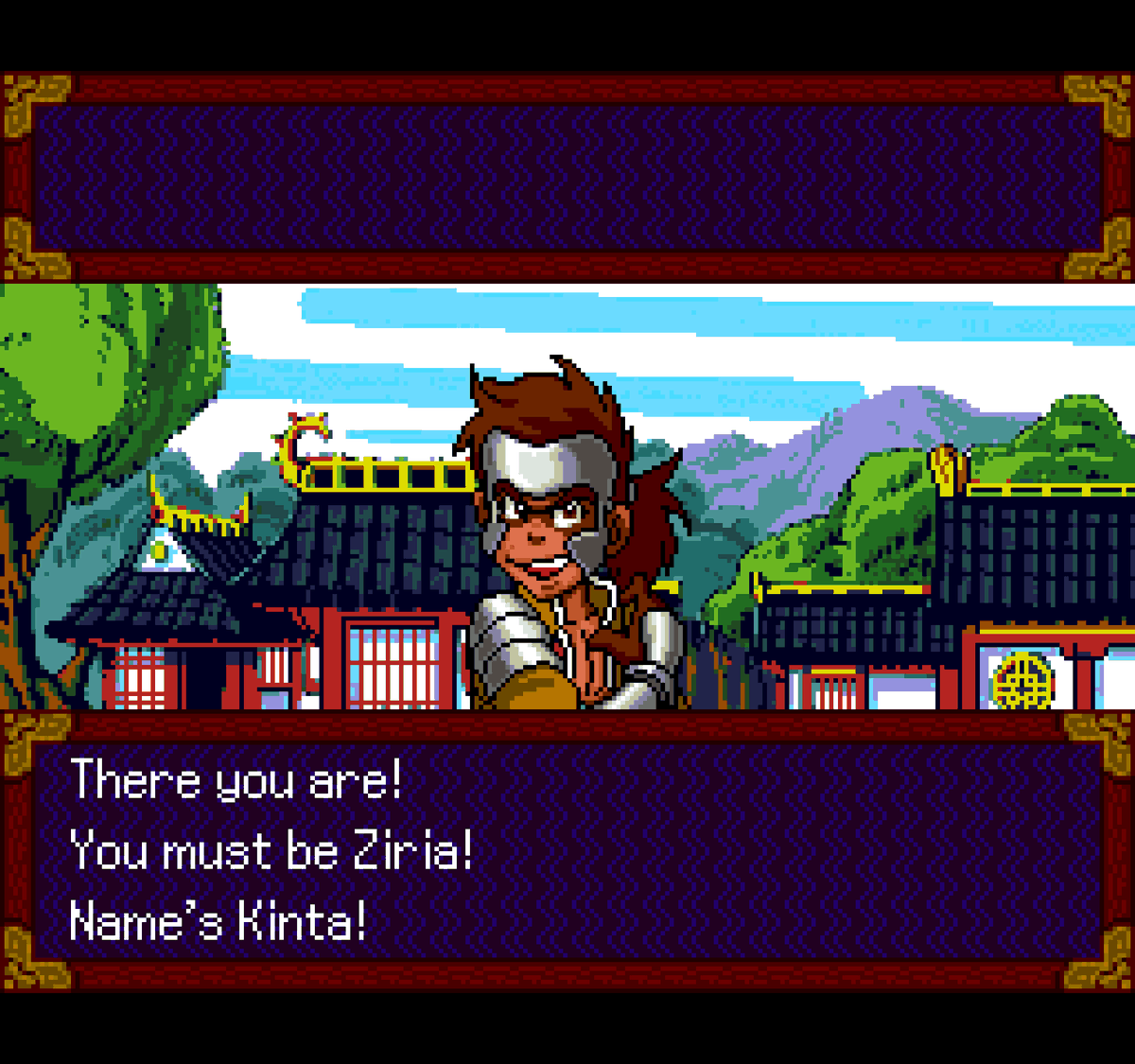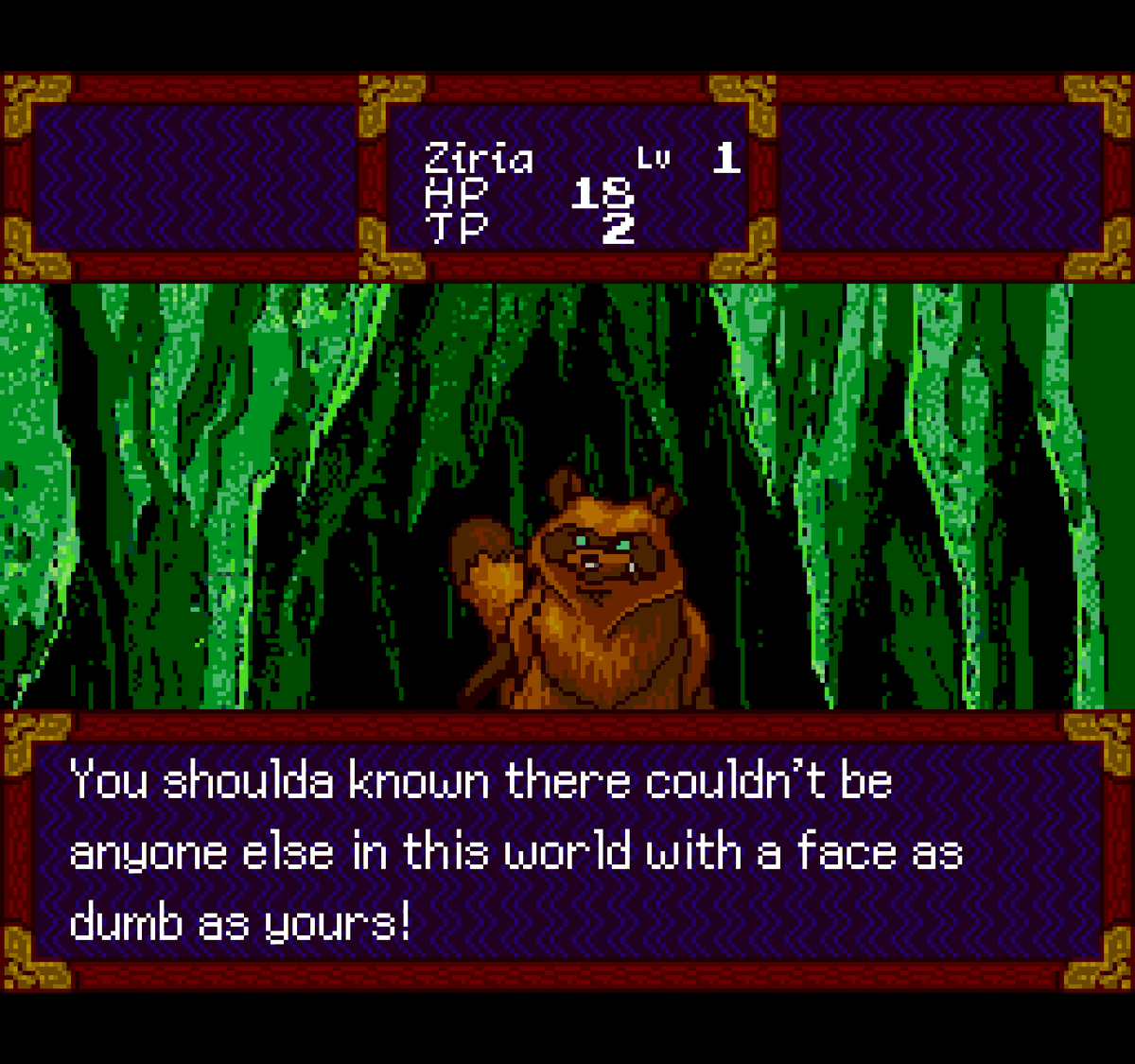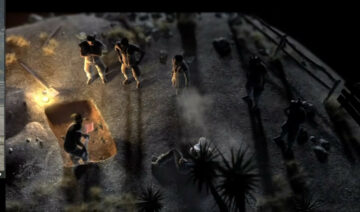If you have a lot of experience with video games, it can be easy to infer the basic mechanics of a game you’re starting for the first time. But sometimes those assumptions can be used against you. That’s something I learned first-hand during a recent interaction with a devious tanuki in an old-school roleplaying game.
Last week, the first game in the Tengai Makyō franchise — also known as Far East of Eden outside Japan — received an unofficial English translation. Tengai Makyō: Ziria debuted in 1989 for the PC Engine CD-ROM² and quickly rose in popularity alongside RPG powerhouses like Final Fantasy and Dragon Quest, thanks to the extensive voice acting and high-quality music allowed by the console’s CD-ROM format. The series would continue to be a priority for its developer, Red Company, through 2005 — a 16-year history that only saw one North American release in 1995 fighting game spin-off Far East of Eden: Kabuki Klash.

Always up for a bit of classic, turn-based roleplaying, I took some time to patch and play Tengai Makyō: Ziria over the weekend. The game put me in the role of Ziria, a young boy trained as an heir to the legacy of the legendary Fire Clan to withstand an ancient evil known as Masakado upon its resurrection. The eponymous hero is instructed by his mentor to seek out the assistance of other Fire Clan descendants, despite Ziria’s confidence he can defeat Masakado alone, and sent on his way.
I was struck by Tengai Makyō: Ziria’s resemblance to Dragon Quest, most notably in its first-person battles and use of menu commands to speak with NPCs and check out my surroundings, but I didn’t have much time to dwell on the mechanics before meeting what I thought was my first party member.

While exploring a nearby town, Ziria runs into another adolescent named Kinta, a self-proclaimed “Fire Hero” who’s been awaiting our protagonist’s arrival and joins the party. A villager remarks upon how much Ziria and Kinta look alike, then brushes it off as simply a matter of the boys being distant relatives. Kinta encourages Ziria not to worry about buying equipment. Seeing as I was only a few minutes into Tengai Makyō: Ziria and I hadn’t earned much money in the short journey from Ziria’s home, I assumed this was the game itself telling me I didn’t new gear. So, I heeded Kinta’s advice.
Oh, how wrong I was.
After trapping Ziria in a dead-end, Kinta reveals himself to be an evil tanuki who is devoted to Masakado’s return; he had disguised himself as a young boy to waylay our hero. It didn’t take long for Kinta to demolish me in the resulting battle, thanks to my not having upgraded Ziria’s equipment beforehand, and I felt very silly loading an earlier save to rectify my mistake. With just a simple long sword in hand and some basic armor, Ziria proves far too much for Kinta to handle, forcing the fake ally to stand aside and even provide important info on how to get past the giant boulder blocking the path forward.

Play hundreds of video games over a few decades, and it doesn’t take a genius to recognize the medium has its own shorthand. We all internalize common mechanics to such a degree that, before long, we subconsciously take them for granted as inherent to a genre or even to gaming as a whole. Tengai Makyō: Ziria exploited my assumption that I would need to grind a bit before I could afford better equipment, thereby enhancing Kinta’s deception. Ziria wasn’t the only one duped; I too felt like a huge idiot for blindly believing the advice given to me by some random stranger.
Tengai Makyō: Ziria may not be wholly original or hold up as well as other RPGs of the time, but in this one small moment, it taught me to appreciate it on its own terms.
- SEO Powered Content & PR Distribution. Get Amplified Today.
- PlatoData.Network Vertical Generative Ai. Empower Yourself. Access Here.
- PlatoAiStream. Web3 Intelligence. Knowledge Amplified. Access Here.
- PlatoESG. Carbon, CleanTech, Energy, Environment, Solar, Waste Management. Access Here.
- PlatoHealth. Biotech and Clinical Trials Intelligence. Access Here.
- Source: https://www.polygon.com/gaming/23997110/tengai-makyou-ziria-far-east-of-eden-english-translation-rpg
- 1995
- 2005
- a
- About
- acting
- advice
- Against
- alike
- All
- allowed
- alone
- alongside
- also
- American
- an
- ancient
- and
- Another
- appreciate
- arrival
- as
- aside
- assistance
- assumptions
- At
- awaiting
- basic
- Battle
- battles
- BE
- been
- before
- beforehand
- being
- believing
- Better
- Bit
- but
- Buying
- by
- CAN
- Cave
- check
- Classic
- Common
- company
- confidence
- continue
- could
- debuted
- decades
- deception
- degree
- demolish
- despite
- Developer
- Distant
- Dragon
- Dragon Quest
- During
- earlier
- earned
- East
- easy
- encourages
- engine
- English
- enhancing
- equipment
- even
- experience
- Exploring
- extensive
- fake
- FANTASY
- far
- felt
- few
- Fighting
- Fighting game
- Final
- Final Fantasy
- Fire
- First
- first time
- first-hand
- For
- forcing
- format
- Forward
- Franchise
- Friendship
- from
- fruitful
- game
- Games
- Gaming
- Gear
- genius
- Genre
- Get
- giant
- given
- go
- granted
- Green
- had
- hand
- handle
- has
- Have
- having
- he
- Hero
- High-Quality
- himself
- his
- history
- hold
- Home
- How
- How To
- HTTPS
- Hudson
- huge
- Hundreds
- i
- important
- in
- info
- inherent
- interaction
- into
- introducing
- Is
- IT
- ITS
- itself
- Japan
- Joins
- journey
- just
- known
- learned
- legacy
- Legendary
- like
- loading
- Long
- Look
- lot
- man
- matter
- May
- me
- Mechanics
- medium
- Meeting
- member
- mentor
- minutes
- moment
- money
- most
- much
- Music
- my
- named
- need
- New
- North
- not
- notably
- of
- off
- Old
- on
- One
- only
- or
- original
- Other
- our
- out
- outside
- over
- own
- Party
- Past
- Patch
- path
- PC
- plato
- plato data intelligence
- platodata
- platogaming
- play
- player
- popularity
- priority
- proves
- Provide
- put
- quest
- quickly
- random
- received
- recent
- recognize
- red
- relatives
- release
- resulting
- return
- reveals
- role
- ROSE
- RPG
- RPGs
- runs
- save
- saw
- see
- seeing
- seek
- sent
- Series
- Short
- Simple
- Simply
- small
- So
- some
- something
- sometimes
- speak
- stand
- standing
- Starting
- stranger
- such
- sword
- Take
- taught
- telling
- terms
- thanks
- that
- The
- the boys
- The Game
- Them
- then
- thereby
- this
- those
- thought
- Through
- time
- to
- too
- took
- town
- trained
- trapping
- up
- upgraded
- upon
- use
- used
- very
- Video
- video games
- Voice
- voice acting
- was
- way
- we
- week
- weekend
- well
- What
- WHO
- whole
- wholly
- with
- worry
- would
- wrong
- you
- young
- zephyrnet











